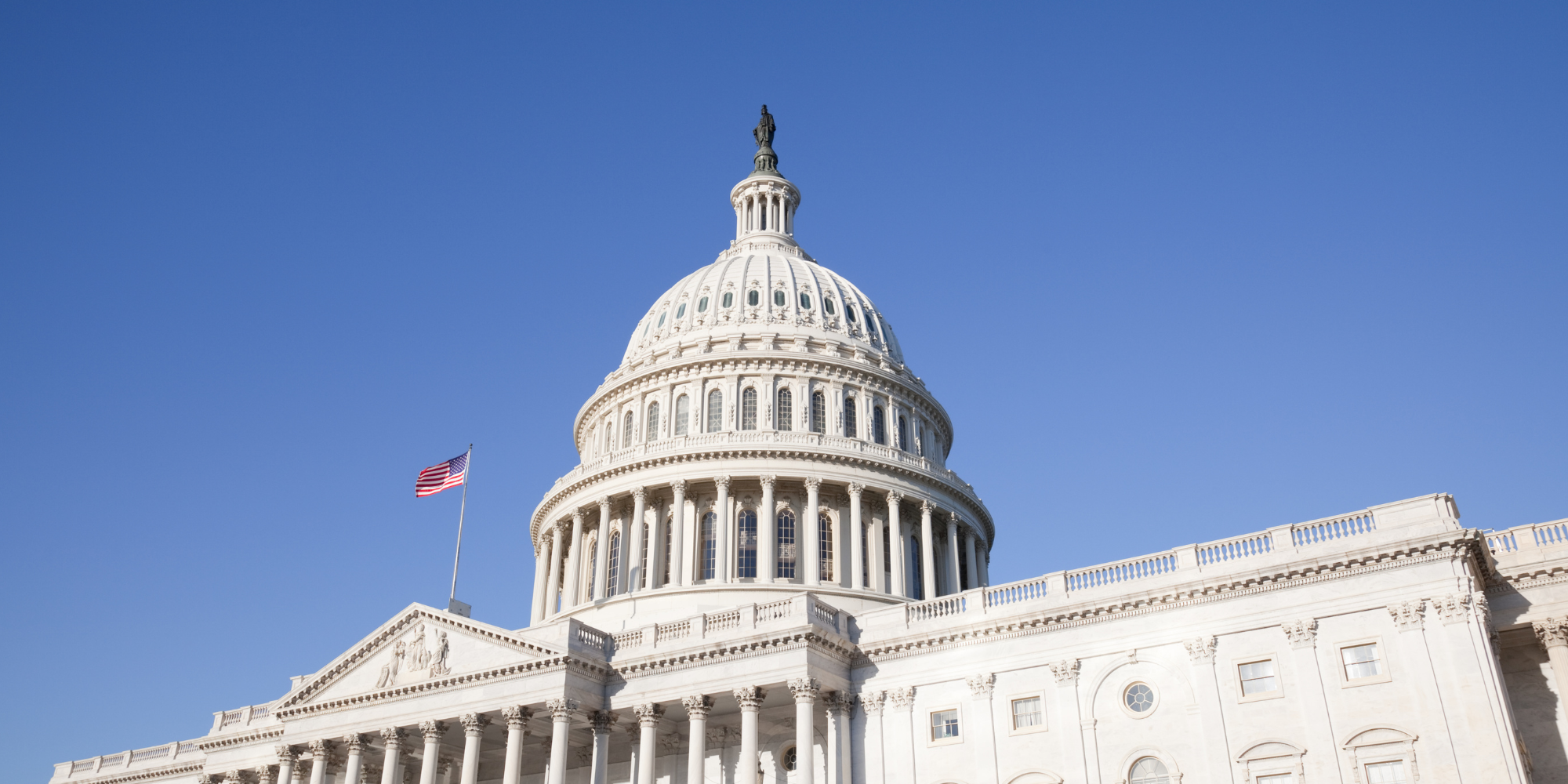"Today, only 20 to 30% of eligible patients participate in CR/ICR due in part to distance to the nearest cardiac rehab facility, lack of dependable transportation, transportation costs, and the availability of these services in rural and underserved parts of the country." - Terry Rogers, Pritikin ICR President
In extending Medicare coverage for many telehealth services – including virtual cardiac rehab – there was a silver lining to the COVID public health emergency: it has greatly expanded access to cardiac rehab over the last three years. However, with the emergency declaration set to expire this May, the future of home-based or virtual cardiac rehab remains uncertain.
The newly introduced Sustainable Cardiopulmonary Rehabilitation Services in the Home Act (H.R. 1406) aims to change that. By permanently allowing patients to receive in-home cardiac and pulmonary rehabilitation services under Medicare, the momentum of the past three years can continue. Support for this bipartisan sponsored bill is critical, as it will make virtual cardiac rehabilitation (CR), intensive cardiac rehabilitation (ICR), and pulmonary rehabilitation (PR) services available via telehealth to patients who would not otherwise be able to participate.
Why Virtual Cardiac Rehab?
Heart disease is the leading cause of death in the United States, and cardiac rehab offers a proven solution for those who have suffered a cardiac event or undergone a cardiac procedure. Unfortunately, despite decades of research demonstrating that cardiac rehab participation reduces the risk of hospital readmissions and death, it is significantly underutilized during the recovery process. Patients cite a range of barriers, as Pritikin ICR President Terry Rogers explains: "Today, only 20 to 30% of eligible patients participate in CR/ICR, due in part to distance to the nearest cardiac rehab facility, lack of transportation, transportation costs, and the availability of these services in rural and underserved parts of the country."
Past and emerging research has confirmed what we have learned from Pritikin ICR licensed facilities currently utilizing our virtual cardiac rehab platform: home-based cardiac rehabilitation improves clinical outcomes and is as safe and effective as facility-based CR and ICR. A recent study from the Journal of the American Heart Association concluded that participation in home-based cardiac rehabilitation after a heart attack or cardiac procedure “was associated with a 36% lower likelihood of death from heart-related complications among U.S. military veterans within four years compared to those who opted out of rehabilitation programs.”
Paving the Way for H.R. 1406
While this critical legislation has been top-of-mind for years, work on the Sustainable Cardiopulmonary Rehabilitation Services in the Home Act (H.R. 1406) really picked up steam over the last several months. This past December, Pritikin ICR President Terry Rogers participated in a panel discussion with other experts in the field to discuss The State of Cardiac Rehab and make the case for legislation protecting access to virtual cardiac rehab.
To advocate for virtual cardiac rehab and bring its efficacy to life on Capitol Hill, Terry Rogers, and the Director of Arkansas Heart Hospital’s Pritikin ICR program, Amanda Xaysuda, MPH, visited with several congressional leaders in February. After H.R. 1406 was officially introduced on March 8th, Senior Implementation Manager Tara Steadman and Business Development Region Manager, Kathryn Seigel participated in AACVPR’s Day on the Hill to personally advocate for the bill.
How You Can Help
If, like our Pritikin ICR team and network of experts in the cardiac rehab field, you too wish to advocate for permanent access to virtual CR, ICR, and PR services for patients, we encourage you to contact your representative and ask that they support the recently-introduced Sustainable Cardiopulmonary Rehabilitation Services in the Home Act (H.R. 1406). Together, we can help ensure that all eligible patients have access to these critically-important virtual healthcare services – for many years to come!







